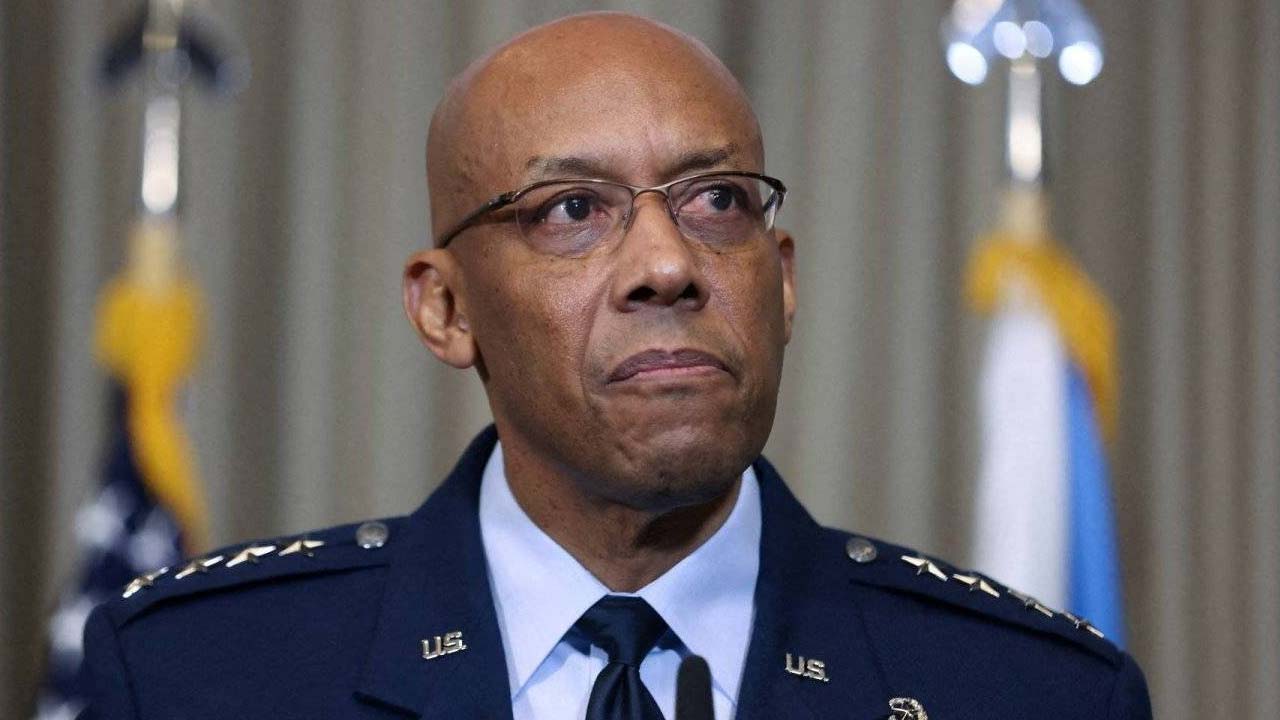
Middle East, Israel: The immediate risk of a broader conflict in the Middle East has lessened slightly after Israel and Lebanon's Hezbollah exchanged fire without further escalation. However, Iran remains a significant threat as it considers a possible strike on Israel, according to America's top general, Air Force General C.Q. Brown, chairman of the Joint Chiefs of Staff.
Brown spoke to Reuters following a three-day visit to the Middle East, during which he arrived in Israel just hours after Hezbollah launched hundreds of rockets and drones at the country. Israel responded by striking Lebanon to prevent a larger attack. Despite being one of the most significant confrontations in over 10 months of border warfare, the clash ended with minimal damage in Israel and no immediate signs of further retaliation from either side.
Brown pointed out that Hezbollah's attack was just one of two major threats against Israel in recent weeks. Iran is also threatening retaliation over the assassination of a Hamas leader in Tehran last month. When asked if the likelihood of a regional war had decreased, Brown replied, "Somewhat, yes." He explained that how Iran responds will influence Israel's actions, which in turn will determine whether a broader conflict occurs.
Brown also warned of the risk posed by Iran's militant allies in Iraq, Syria, Jordan, and Yemen, who have attacked U.S. troops and targeted Red Sea shipping. He described Yemen's Houthis as the "wild card," expressing concern that they might act independently if dissatisfied.
Iran has vowed severe retaliation for the killing of Hamas leader Ismail Haniyeh in Tehran, an act it attributes to Israel. Israel has neither confirmed nor denied involvement. Brown stated that the U.S. military is now better positioned to assist in the defense of Israel and its own forces in the Middle East compared to April 13, when Iran launched an unprecedented attack on Israel using drones, cruise missiles, and ballistic missiles. Despite this, Israel, the U.S., and their allies managed to neutralize most of the threats before they could cause significant damage.
"We're better postured," Brown said, noting the recent decision to maintain two aircraft carrier strike groups in the Middle East and an additional squadron of F-22 fighter jets. He emphasized the importance of improving on past actions. Ultimately, Brown suggested that while Iran's military may have plans, the final decision will rest with its political leaders. He noted that Iran may want to send a message without triggering a wider conflict.
The Biden administration has been working to manage the consequences of the ongoing war in Gaza, which is now in its 11th month. The conflict has devastated much of Gaza, sparked border clashes between Israel and Hezbollah, and involved Yemen's Houthis. During his visit, Brown was briefed on the threats along Israel's borders with Lebanon and Syria by the Israeli military's Northern Command. He also met with Israel's Defense Minister Yoav Gallant and Chief of the General Staff Lieutenant General Herzi Halevi in Tel Aviv.
When asked about Hezbollah's military capabilities following the Israeli strikes, Brown warned that "they still have capability." The current conflict in Gaza began on October 7, 2023, when Hamas gunmen attacked Israeli communities, killing around 1,200 people and taking about 250 hostages, according to Israeli sources. Since then, Israel's military operations have displaced nearly all of Gaza's 2.3 million residents, leading to widespread hunger, disease, and the deaths of at least 40,000 people, according to Palestinian health officials.





















